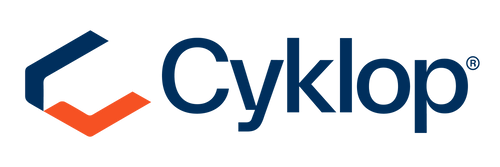Industrial Inkjet Printing - Plastic Bags & Parts
Plastic is one of the most versatile materials on the market today. Available in a range of forms, including bags, sheets, and pipes, plastics are routinely utilized to create and package various products. The EPA estimates that 14.5 million tons of plastic containers/packaging were produced in 2018.
Whether plastic is used to create or package products, direct marking is a common necessity. Across industries, markings like barcodes, 2D data matrices, and batch numbers make packaged goods traceable throughout the supply chain. Logos and graphics are also frequently placed for brand awareness and easy identification.
Today, inkjet printers are one of the best ways to mark plastic in its different forms. Like plastics, these printers take many forms, and each excels in a different application. With over 30 years of experience in the industrial ink market, InkJet, Inc. has the know-how to help meet your company’s marking needs. Whether you are inkjet printing on plastic bags, parts, or sheets, we can help you find the best tools for the job.
Printing on Plastic for Use and Sale

Manufacturers use different plastics to make a wide range of products, including aerospace components, automotive parts, beverage bottles, consumer goods, and construction materials. In each of these industries, part marking and package coding are necessities. Direct part marking enables full supply chain traceability for aerospace, automotive, and construction components. Given the complex products and structures these components are used to make, full traceability is required to ensure that each part arrives safely.
In the case of consumer products and food packaging, retail channels often require sets of codes to facilitate the sales process, provide consumer information, and enable traceability. Consequently, plastic packaging and products are often marked with:
- Expiration/best-by date codes
- Product batch codes
- 1-dimensional barcodes
-
2-dimensional data matrices
Failure to include these markings can violate industry standards and, in certain cases, federal laws. Avoiding these consequences requires a robust printing solution. Below are the printing options that we offer for direct marking on plastics:
Use the links to jump ahead to a specific printing solution.
Continuous Inkjet Printers: DuraCode Touchscreen, Keyboard, and Pigment
Continuous inkjet (CIJ) printers are non-contact production line printing systems designed to mark substrates moving at 300 m/min and above. Powerful ink circulation systems allow CIJ printers to operate without downtime, 24 hours a day. The speed, wide ink compatibility, and versatile printheads of CIJ printers enable users to mark thousands of products a day with long-lasting, highly legible codes.
InkJet, Inc. meets diverse coding needs by maintaining a comprehensive CIJ ink catalog with dozens of plastic-compatible formulas. We have produced ink for over 30 years and carry numerous formulas with special properties, including:
- Superior substrate adhesion
- Quick dry times on wet bottles
- Anti-transfer properties
- Rub resistance
- Alcohol resistance
- Heat resistance
- Extreme temperature resistance
- Caustic wash compatibility
- Condensation penetration
-
Soft and hard pigmentation
With these options, InkJet, Inc. can provide you with a printer/ink combo that suits your line setup, meets output demands, and accounts for challenging facility conditions.
See the chart below for a closer look at the DuraCode models’ most important specifications.
Laser Marking Solutions: CO2 and UV Laser Models

Laser marking systems are perfect for facilities that require high coding speeds, reliable accuracy, and exceptional code appearance. Laser users can mark, etch, and engrave their plastic products with visually appealing text, scannable codes, traceable serial numbers, and other essential markings.
Laser systems are more expensive than CIJ printers upfront but do not use consumables. Moreover, they have minimal maintenance needs and require no annual servicing. Depending on your product output, these factors can make laser marking more cost-effective than inkjet printing.
Inkjet, Inc. offers three laser models for plastic coding and marking applications:
- F8100C CO2 Laser Marking Machine
- LDR 7100 Laser Marking System (CO2 System)
-
F8100U UV Laser Marking Machine
These laser systems offer similar specifications and benefits. The F8100C, LDR7100, and F8100U provide:
- Marking speeds up to 2000 characters/sec.
- 24/7 uninterrupted coding
- Reliable ingress protections
- Long laser tube life
- Enhanced high-resolution mark quality
- Plug-and-play laser module for easy line replacement
-
User-friendly control panel via computer or smartphone app
See the chart below for a closer look into our laser systems’ most important specifications.
Simplify Inkjet Printing on Plastic Bags, Parts, Sheets, and More
Here at InkJet, Inc, we can meet all of your printing needs. With a vast portfolio of hardware and ink options, we can ensure that your operation is stocked with the right equipment to mark plastics in a quick, legible manner. Simply contact our sales team, and we can start a conversation on what will work best for you.
For more information related to inkjet printing on plastic bags, parts, or sheets, contact InkJet, Inc. online or by phone at 1(800) 280-3245.



